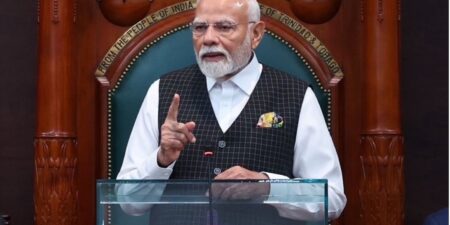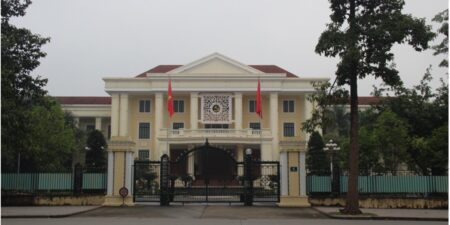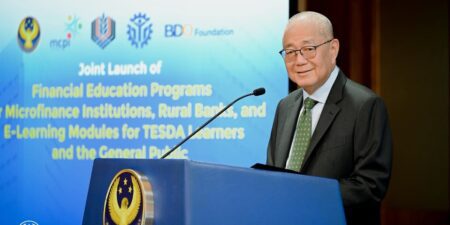The BGA Philippines Team, led by Managing Director Victor Andres Manhit, wrote an update to clients on the Philippines’ strengthened defense posture.
Context
- Philippine President Ferdinand “Bongbong” Marcos Jr. in his third state of the nation address reaffirmed the government’s unwavering commitment to asserting the Philippines’ rights and interests amid challenges to its territorial sovereignty. Emphasizing the inviolability of the West Philippine Sea, he stressed that his country will neither yield nor waver in its determination to protect its maritime possessions.
- As part of the Philippines’ commitment to a rules-based order, the government continues to pursue diplomatic measures and reinforce its external defense capabilities. Confronted by Chinese provocations at Second Thomas Shoal, particularly through gray-zone tactics, the Marcos administration continues to demonstrate strategic patience and restraint.
Significance
- In his state of the nation address, President Marcos outlined two key strategies his administration is pursuing to strengthen the country’s defense posture: developing self-reliance and fostering partnerships with like-minded states. These strategies align with the results of a Pulse Asia survey conducted from June 17-24, which was commissioned by the Stratbase ADR Institute. The survey revealed that majority of Filipinos believe the Marcos administration should implement the following measures in the West Philippine Sea to strengthen its external defense capabilities: reinforce alliances and elevate partnerships through joint patrols and military exercises with like-minded states and support the modernization of the armed forces to protect the country’s territory and marine resources in its exclusive economic zone.
- The Philippines has witnessed a significant shift in focus from internal security to external security under the Marcos administration. Central to this is the recognition of the Philippines as a maritime nation, which necessitates a robust defense strategy to protect its vast maritime territory.
Implications
- The recent adoption of the comprehensive archipelagic defense concept marks a pivotal shift in Philippine defense strategy. Although there is still no public document outlining what the defense concept entails, its essence lies in developing the armed forces’ capability to protect and secure the Philippine territory and exclusive economic zone, particularly in the West Philippine Sea. In pursuit of the defense concept, modernizing the armed forces is crucial to enhancing its defensive and operational capabilities — a measure for which Marcos has expressed full support.
- China’s ongoing provocations around Second Thomas Shoal in the West Philippine Sea underscore the need for the Marcos administration to continue implementing policies and legislative measures that enhance the Philippines’ self-reliance and strengthen partnerships with like-minded states. By reinforcing alliances through joint exercises and signing defense agreements, coupled with supporting the modernization of the armed forces and the urgent passage of crucial laws, the government can better protect its interests and uphold its rights as established by the landmark 2016 arbitral award.
We will continue to keep you updated on developments in the Philippines as they occur. If you have any questions or comments, please contact BGA Philippines Managing Director Victor Andres Manhit at vmanhit@bowergroupasia.com.
Best regards, BGA Philippines Team

Managing Director
Dindo is recognized as one of Manila’s most well-connected and savvy advisors on developments in government and business in the Philippines. Concurrent to his role as managing director for BGA’s operations in the Philippines, he is also the founder and managing director of the Stratbase Group and president of its policy think tank, the Albert del Rosario Institute for Strategic and International Studies. Since 1991, Dindo has served as a member of the faculty and is the former chair of the Political Science Department and a senior fellow of the La Salle Institute of Governance at the De La Salle ...
Read More


























